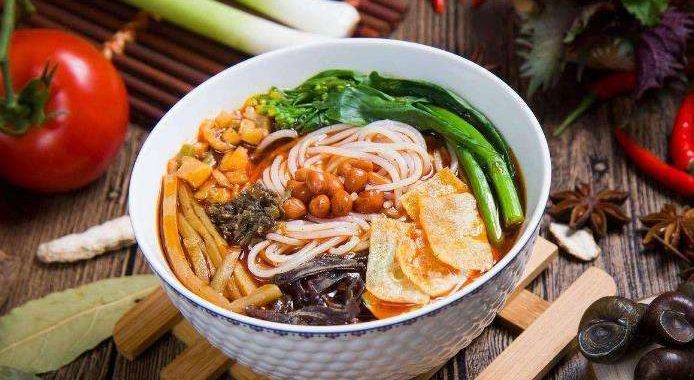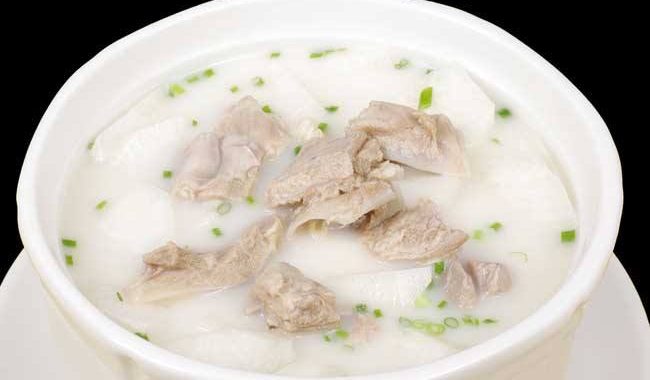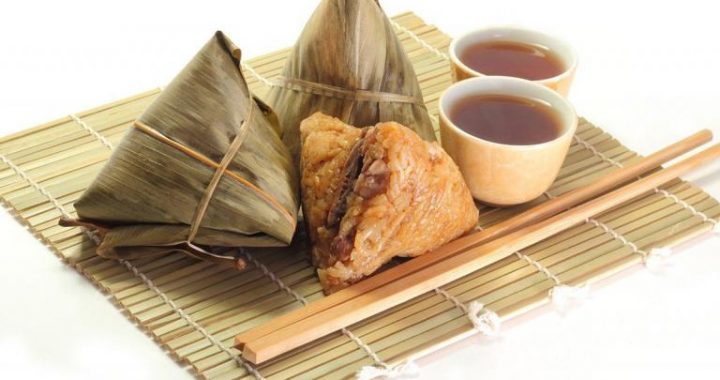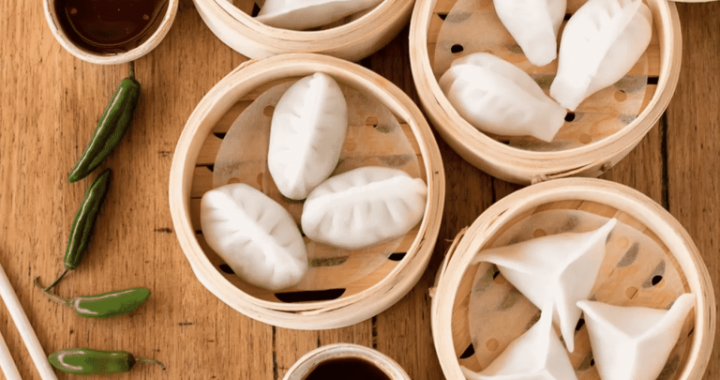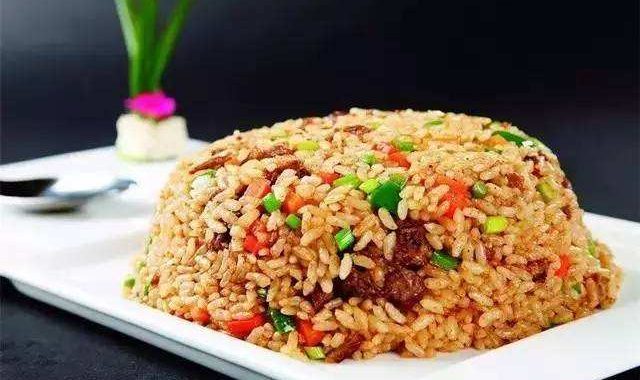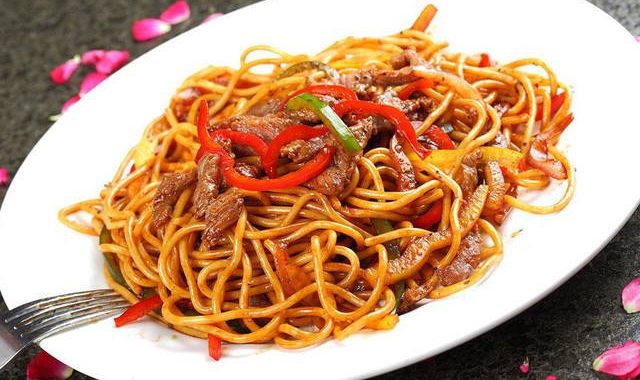FOODS AND THEIR HEALING PROPERTIES IN CHINA
5 min readMelon
Sweet (Earth), cold, Yin
Melon tones the qi and the blood. Its cold characteristic relieves the heat of summer. It is used as a diuretic.Protein, 0.5 g; Fat, 0 g; Fiber, 0.4 g; Carbohydrate, 8.5 g; Vitamin A, 40 IU; Vitamin B1, 0.05 mg; Vitamin B2, 0.03 mg; Niacin, –; Vitamin C, 23 mg; Calcium, 17 mg; Phosphorus, 16 mg; Iron, 0.4 mg
Orange peel
Pungent and slightly bitter (Metal and Fire), warm, Yin
Orange peel affects the stomach and the internal organs of digestion. A decoction of orange peel and ginger will relieve gastritis. Orange peel brewed in water is a valid remedy for inebriation and a preventive against hangover. Dispersed in water, orange peel will also relieve coughs and chest catarrh.
Protein, 0.6 g; Fat, 0 g; Fiber, –; Carbohydrate, 10 g; Vitamin A, 165 IU; Vitamin B1, 0.06 mg; Vitamin B2, 0.06 mg; Niacin, 0.7 mg; Vitamin C, 53 mg; Calcium, 65 mg; Phosphorus, 7 mg; Iron, 0.33 mg
Papaya
Sweet (Earth), neutral, mild Yang
Papaya promotes digestion. It cures stomachache, dysentery, and difficult bowel movements. Because papaya dissipates dampness, it is a useful remedy for diseases of a damp nature, such as rheumatism and arthritis. A teaspoon of papaya seeds helps to detoxify the liver. Fresh raw papaya is a good supplement to meals, in order to counteract indigestion.
Protein, 0.95 g; Fat, 0.2 g; Fiber, 1.4 g; Carbohydrate, 18.9 g; Vitamin A, 3061 IU; Vitamin B1, 0.04 mg; Vitamin B2, 0.05 mg; Niacin, 0.5 mg; Vitamin C, 94 mg; Calcium, 36 mg; Phosphorus, 8 mg; Iron, 0.15 mg

Peach
Sweet and sour (Earth and Wood), warm, mild Yang
Peaches are native to China. In Chinese mythology peaches represent immortality. According to legend, a peach tree that stands in the Kunlun mountains blossoms and bears fruit every nine thousand years. Whoever eats these peaches obtains immortal life. Ordinary peaches, on the other hand, merely nourish the blood and qi, dissipate cold, and lubricate the intestines. Steamed peaches with a tablespoon of sugar or honey alleviates asthma and a bad cough. Freshpeaches are frequently taken as a remedy against high blood pressure.
Protein, 0.5 g; Fat, 0.1 g; Fiber, 0.6 g; Carbohydrate, 12 g; Vitamin A, 880 IU; Vitamin B1, 0.02 mg; Vitamin B2, 0.05 mg; Niacin, –; Vitamin C, 8 mg; Calcium, 8 mg; Phosphorus, 22 mg; Iron, 0.6 mg
Pear
Sweet and sour (Earth and Wood), cool, medium Yin
Pear affects the stomach and lungs. It lubricates, counteracting dryness, and is said to eliminate mucus. Fresh pear juice is drunk in China to relieve stubborn coughs and fever. Chinese pears are generally harder, juicier, and more sour than the American variety.
A curious superstition exists in China concerning pears. The word for pear, li, is pronounced exactly like another word meaning “separation.” Many people therefore refuse to share a pear with a loved one for fear of bringing bad luck to their union.
Protein, 0.6 g; Fat, 0.5 g; Fiber, 4 g; Carbohydrate, 11.9 g; Vitamin A, 28 IU; Vitamin B1, 0.06 mg; Vitamin B2, 0.03 mg; Niacin, 0.02 mg; Vitamin C, 7 mg; Calcium, 8 mg; Phosphorus, 15 mg; Iron, 0.5 mg

Persimmon
Sweet (Earth), cold, medium Yin
The high tannic acid content of unripe persimmon has an “obstructive” or astringent consequence, making unripe persimmon effective in treating diarrhea, dysentery, and chest mucus.
When persimmon ripens, the tannic acid is converted into fructose. Ripe persimmon lubricates the lungs and nourishes the heart, spleen, and intestines. It relieves stomachache, hemorrhoids, and constipation. Persimmon is also used for regulating high blood pressure, treating canker sores in the mouth, and calming a stubborn cough.
Protein, 0.2 g; Fat, 0.1 g; Fiber, –; Carbohydrate, 8.4 g; Vitamin A, –; Vitamin B1, –; Vitamin B2, –; Niacin, –; Vitamin C, 17 mg; Calcium, 7 mg; Phosphorus, 7 mg; Iron, 0.63 mg
Pineapple
Sweet and sour (Earth and Wood), neutral, Yang
Pineapple should always be consumed ripe—underripe pineapple is acidic tothe extreme and can cause stomach cramps and damage to the teeth and bones. Soft, sweet pineapple, on the other hand, promotes digestion. It also promotes urination, quenches thirst, and heals swelling. Sweet pineapple stimulates the appetite and is therefore used to treat anorexia.
Protein, 0.6 g; Fat, 0.7 g; Fiber, 2.4 g; Carbohydrate, 19.2 g; Vitamin A, 35 IU; Vitamin B1, 0.14 mg; Vitamin B2, 0.06 mg; Niacin, 0.07 mg; Vitamin C, 24 mg; Calcium, 11 mg; Phosphorus, 11 mg; Iron, 0.57 mg
Plum
Sweet and sour (Earth and Wood), neutral, balance of Yin and Yang
Plum nourishes the blood and qi; it also combats dryness. In China plum is eaten to promote digestion and urination and to nourish weak kidneys or liver. A specific remedy for kidney or liver problems is a tea prepared from two crushed whole plums (including the seed) mixed with hot water and drunk twice a day. Two plums soaked in vinegar and then boiled in water help cure canker sores, sore throat, and chronic tonsillitis. Use the cooled water for washing the mouth and for gargling.
Protein, 0.7 g; Fat, 0.2 g; Fiber, 0.5 g; Carbohydrate, 12.9 g; Vitamin A, 350 IU; Vitamin B1, 0.06 mg; Vitamin B2, 0.04 mg; Niacin, –; Vitamin C, 5 mg; Calcium, 17 mg; Phosphorus, 20 mg; Iron, 0.5 mg
Strawberry
Sweet and sour (Earth and Wood), cool, mild Yin
Strawberries nourish qi and lubricate the lungs. Because they are rich in vitamin C, silicon, and water, they alleviate thirst, generate body fluids, and have an antioxidizing effect on cells, blood vessels, and tissues. They also, as a consequence, flush out toxins and regulate urination and kidney function. Eaten regularly with sugar, strawberries will cure a stubborn dry cough. As an appetizer, strawberries will stimulate the appetite and ensure good digestion. Strawberries are not native to China and have only been cultivated there recently. For this reason they do not figure prominently in Chinese medicine.
Protein, 0.8 g; Fat, 0.5 g; Fiber, 1.4 g; Carbohydrate, 8.3 g; Vitamin A, 60 IU; Vitamin B1, 0.03 mg;Vitamin B2, 0.07 mg; Niacin, –; Vitamin C, 60 mg; Calcium, 28 mg; Phosphorus, 27 mg; Iron, 0.8 mg
Tangerine
Sweet and sour (Earth and Wood), cool, mild Yin
Tangerine dissipates heat and dryness. It is often used for treating nausea, vomiting, hiccups, and catarrh in the chest. It is also useful in the treatment of diabetes. Protein, 0.8 g; Fat, 0.3 g; Fiber, 1 g; Carbohydrate, 10.9 g; Vitamin A, 420 IU; Vitamin B1, 0.07 mg; Vitamin B2, 0.03 mg; Niacin, –; Vitamin C, 31 mg; Calcium, 33 mg; Phosphorus, 23 mg; Iron, 0.4 mg
Watermelon
Sweet (Earth), cold, mild Yin
Watermelon Sweet (Earth), cold, mild Yin
The watermelon is native to Africa but has been cultivated in Asia for at least four thousand years. Because of its thirst-quenching and refreshing properties, watermelon is one of the most popular fruits in China during the hot summer. Watermelon is a strong diuretic. It dissipates hot- and dry-syndrome problems, such as headaches, dry mouth and throat, red and dry mucus in the mouth and nose, red and swollen eyes, dry stool, rapid heartbeat, and irritability. It heals canker sores in the mouth and sore throat. Watermelon is useful for treating hangover. The rind and seeds are used to treat hypertension. A decoction using the seeds will also relieve constipation.
Protein, 0.5 g; Fat, 0.2 g; Fiber, 0.6 g; Carbohydrate, 6.9 g; Vitamin A, 590 IU; Vitamin B1, 0.05 mg; Vitamin B2, 0.05 mg; Niacin, –; Vitamin C, 6 mg; Calcium, 7 mg; Phosphorus, 12 mg; Iron, 0.2 mg

